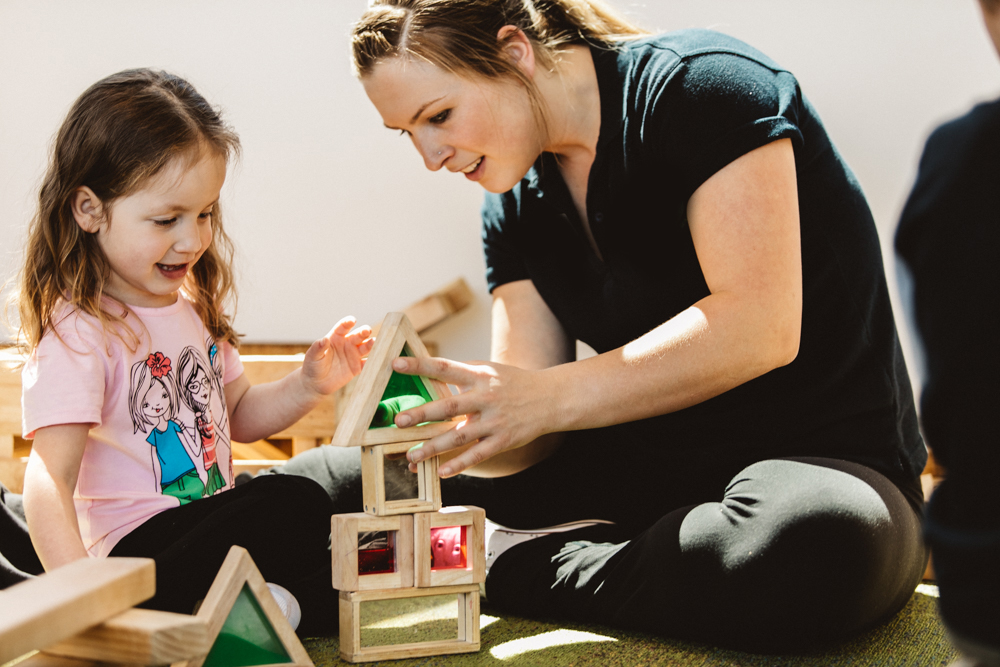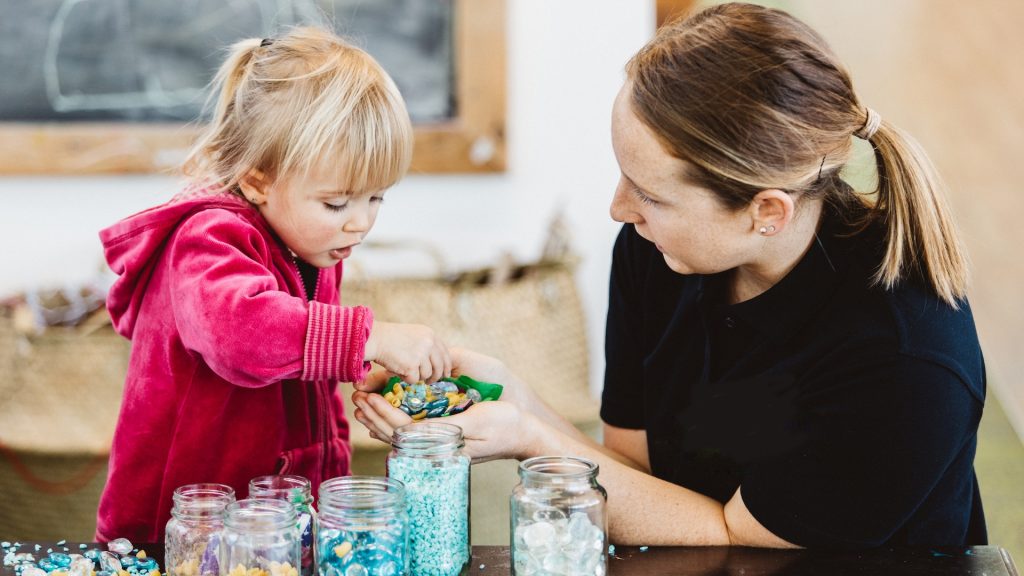
The 2021 Australian Early Development Census (AEDC) found that over 44 per cent of NSW children are not developmentally on track when they start school and that the challenge has become even harder since the COVID-19 pandemic.
Language and cognitive skills saw the most significant shift in 2021. The percentage of children who were developmentally vulnerable on this domain increased from 6.6 per cent in 2018 to 7.3 per cent in 2021.
Not being developmentally on track can have significant and lifelong consequences for a child.
83 per cent of parents interviewed for the report, ‘Work and Play: Understanding how Australian Families Experience Early Childhood Education and Care‘ said that Educators and Carers have a significant impact on young children’s learning and wellbeing.
“Research has found that parents clearly see the early childhood education and care sector’s value in providing an environment of support and growth and setting children up for success at school and beyond, with this belief strengthening as their children approach school age,” states the report.
“The first five years of a child’s life are vital for their health, development, learning and wellbeing. Children who participate in quality early childhood education and care, and who get the right support services, such as health and development checks, are more likely to succeed at school and have improved lifelong educational, social and economic outcomes.”
Reference: ‘Putting a Value on Early Childhood Education and Care in Australia’

Considering the NSW Government’s funding relief for parents of preschool-aged children at Long Day Care services, it’s wise to consider your child’s educational options.
Long Day Care is a centre-based service providing early childhood education and care for children aged six weeks to school age. They offer an educational play-based program with qualified Educators in each age group. They typically have extended hours which cater for working parents and provide nutritious hot lunches and snacks throughout the day.
Long Day Care Preschools are regulated under the National Quality Framework and are monitored and assessed to ensure legal and quality framework requirements are met.
Parents have been quick to identify that the benefits of early childhood education and care accrues to the whole family, not just the child and extend beyond the monetary benefit of income earned while young children are in education and care. Parents greatly value the flexibility offered by the extended hours of Long Day Care Preschool, as it allows them to more easily complete life’s tasks without the complication of having a young child in tow.
“77 per cent of parents surveyed agreed that access to early childhood education and care services is important for the mental health and wellbeing of the whole family,” concludes the report, ‘Counting the Cost to Families: Accessing Childcare Affordability in Australia; The Front Project’.
